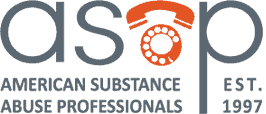It would seem to make sense that substance use in the workplace, especially when categorized as substance abuse, would negatively affect productivity. However, there has been no definitive correlation between the two in order to demonstrate a positive relationship.
This study, published by Simone Arbour, Iryna Gavrysh, Janice M. Hambley, Adrian Tse, Victoria Ho and M. Linda Bell, looked to quantify the benefits of inpatient addiction treatment by examining its impact on work-related variables. Included in this study were 154 employed adults who complete addiction treatment and measures of absenteeism, tardiness, and productivity at pretreatment and 6-months follow up. The impact of substance of choice and employer involvement was examined and treatment produced significant improvements in all three variables.
So what does this mean for employers? This study stresses the importance of early intervention with the employee to prevent problems associated with absenteeism, tardiness and productivity related to substance use. Reductions in these three variables could translate into sizable savings once an employee does decide to seek treatment. But it is not only the fiscal benefits that are important. Other benefits of early action include reduced errors, accidents and injuries as well as improved morale and decreased levels of conflict among the staff as a whole. Benefits can also be seen outside of the workplace, with reduced tension within family environments and society, thus helping to reduce health care costs and crime rates.
To read the entire study, please reference the Journal of Workplace Behavioral Health Vol. 29, No. 1. January-March 2014.

